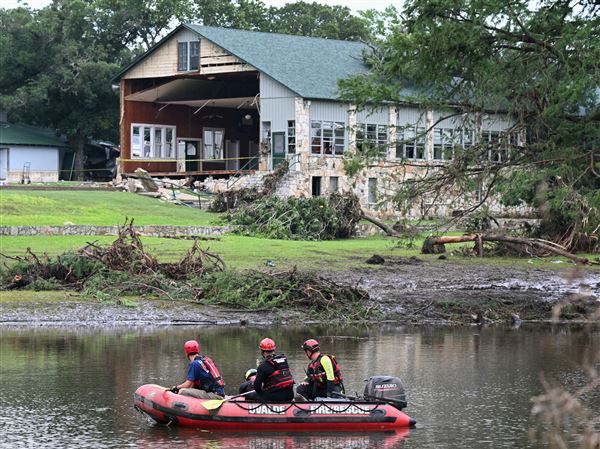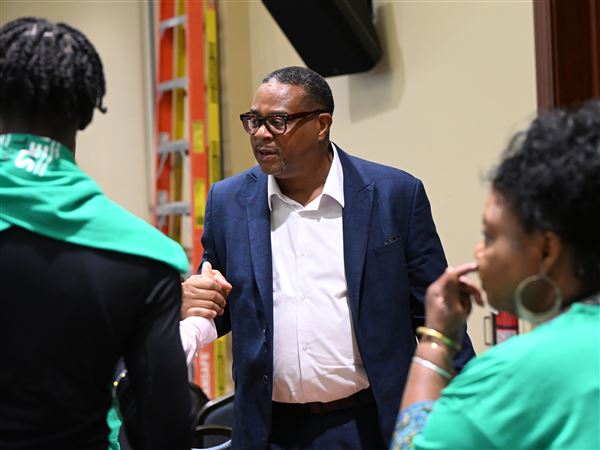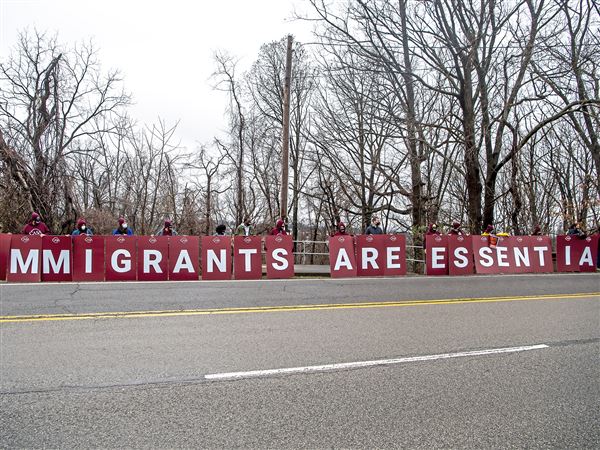A group representing the federal government, nonprofits and unions, along with some of the country's biggest names in oil, gas and coal convenes in Green Tree today to hash out how these industries will report their payments to the federal government.
A public hearing at the Office of Surface Mining Reclamation and Enforcement, 3 Parkway Center, will discuss a bid by the United States to join a 10-year-old global effort to reconcile payments made by companies with government receipts.
Though details are still being debated, the process will reveal how much money companies spend to mine coal or drill for oil and gas on federal lands. The federal government estimates that more than $10 billion in revenue comes from these industries each year.
The initiative -- officially known as the Extractive Industries Transparency Initiative -- started as a way to monitor corruption in resource-rich countries in Africa.
It has since attracted 25 member countries around the world, including Norway and Kazakhstan, and 16 more that are candidates.
President Barack Obama declared in 2011 that the U.S. will apply to participate and he convened the multi-stakeholder group to negotiate the process. The group plans to file its application in December.
The initiative offers a voluntary framework, both for countries and for companies that choose to participate, with the global coalition headquartered in Norway setting disclosure standards and overseeing companies' implementation.
Under the draft U.S. model, during the first year of reporting, only companies that pay the federal government more than $50 million annually -- in royalties, taxes and fees -- would be asked to account for those payments.
That amounts to about 40 firms that work on federal lands, according to Susan Ginsberg, a vice president at the Independent Petroleum Association of America, which represents oil and gas producers in the stakeholder process.
But the U.S. is unique from all other participating nations because most of its mineral extraction activities happen on private land where the government doesn't own the resources. In Pennsylvania, nearly all activity happens on private or state land.
That has inspired a debate within the stakeholder group over how state and local government payments should be reflected in the reporting.
For now, it seems states will be able to opt into participating. That could mean making data already available fit the format of the initiative or creating a state-specific framework for company and government reporting.
That's one of several large questions looming over the group as it heads into its final public hearing today. Another is how to balance the call for detailed, project-by-project reporting with the desire by companies to keep such information out of their competitors' hands.
Comments on the U.S. draft application, available at on the Department of Interior's website, are due Nov. 18. If the U.S. application is accepted early next year, the country will have 18 months to publish its first report.
Anya Litvak: alitvak@post-gazette.com or 412-263-1455.
First Published: November 14, 2013, 2:53 a.m.
















